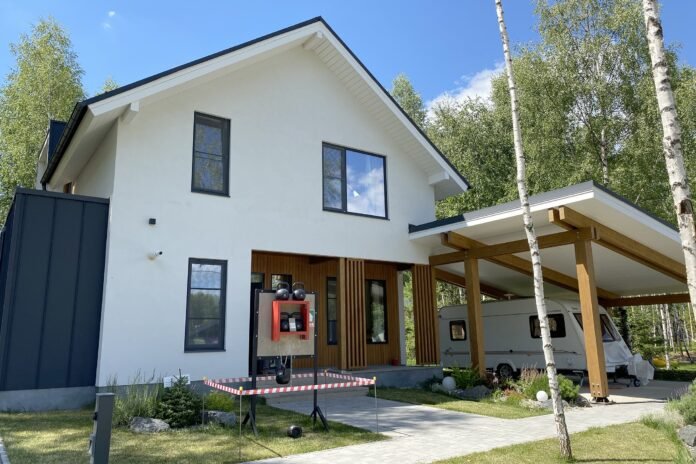In this case, a citizen living in the Kaluga region was in bankruptcy proceedings. The arbitration director applied to the court with a request to the bankrupt to vacate the land and the building located on it, since it is the only dwelling. Although the building is not registered in the land register, the examination confirmed that the non-residential building has the necessary communications, is suitable for year-round use and has all the characteristics of a residential building. The debtor explained that he actually lives in the disputed house with his wife, elderly mother, daughter and minor son. However, the lower authorities refused to exclude the house from the bankruptcy estate and decided that since the house is not legally residential, it cannot claim the status of a sole residence. However, the Supreme Court of Russia did not agree with this position.
“According to the Constitution of the Russian Federation, everyone has the right to housing, and no one can be arbitrarily deprived of it,” says Konstantin Tkachenko, head of the practice of legal support for entrepreneurship at the de jure Law Office “Procedural Legislation”. The Constitution provides for executive immunity from foreclosure on residential premises if for the debtor citizen and his family members living together in the premises owned by him, this is the only premises suitable for permanent residence. The same executive immunity in relation to sole residence also applies in the bankruptcy procedure of citizens.”
At the same time, Konstantin Tkachenko points out, not all premises are residential. “Certain formalities are required for their legalization, but in real life, citizens are sometimes forced to live in premises that are not formally recognized as residential, although they meet all the requirements for a residential premises,” he continues. We often encounter a situation where the owners of real residential buildings do not fully follow the procedure for legalizing the structure they built. In the south of Russia, it is common for people to live for years in reconstructed garages. There is often a situation where people live in apartments that are not formally residential premises.”
Thus, there are many situations where citizens are forced or by their own choice to live in premises that are formally non-residential or even non-existent de jure, but which at the same time are actually suitable for permanent residence.
“Therefore, in practice, the question often arises: can immunity for enforcement be granted to premises that are not formally residential, but at the same time remain the only one suitable for the debtor’s living space? How to ensure compliance with the constitutional rights of citizens to housing and prevent violations of procedural legislation,” says the lawyer. “The Supreme Court ruling we are considering is devoted precisely to the possibility of classifying a non-residential and even de jure non-existent premises as the only one suitable for the debtor’s living space, thus making it subject to immunity for enforcement for recourse to the bankruptcy estate.”
The legal position of the Supreme Court of Russia, as the lawyer explains, boils down to the thesis: the lack of formal legalization of the only premises suitable for the debtor to live in as a dwelling cannot nullify the constitutional right to housing.
“As a criterion for determining the possibility of excluding from the bankruptcy estate any premises owned by the debtor as the only place of residence, the Supreme Court noted the need to assess the subjective arguments of the debtor, classifying the disputed property as the only place of residence, and objective evidence of the suitability of such premises for year-round residence, such as the availability of the necessary engineering and communications infrastructure,” says Konstantin Tkachenko. “At the same time, the Supreme Court critically assessed the conclusions of the appeal and cassation appeal, which boiled down to the fact that the lack of registered ownership of the disputed residential building is an obstacle to recognizing it as the only place of residence for the debtor.”
In general, experts positively assess the legal position of the Supreme Court of Russia. “The issue of maintaining a decent standard of living for citizens, one of the elements of which is the provision of housing, is the responsibility of the state, and the courts should help protect the constitutional rights of citizens,” the lawyer stressed.

